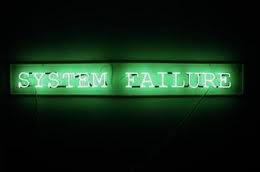 This is eighth post in this particular Series, which comes from my book Our Recovery Stories: Journeys from Drug and Alcohol Addiction. It ties in nicely with a previous blog, Nothing to mourn; just a drug addict, by Dr David McCartney.
This is eighth post in this particular Series, which comes from my book Our Recovery Stories: Journeys from Drug and Alcohol Addiction. It ties in nicely with a previous blog, Nothing to mourn; just a drug addict, by Dr David McCartney.
Stigma can be defined as social disapproval of personal characteristics, actions or beliefs that go against the cultural norm. It can occur at a variety of levels in society, i.e. individuals, groups, organisations and systems. A person can be labelled by their problem (e.g. addiction to drugs and/or alcohol) and they are no longer seen as an individual, but as part of a stereotyped group, e.g. a junkie, alkie, etc. Negative attitudes and beliefs toward this group create prejudice which leads to negative actions and discrimination.




